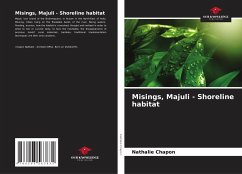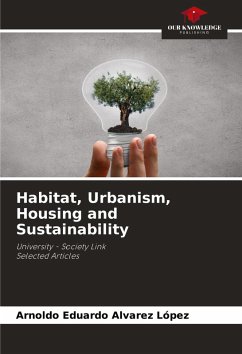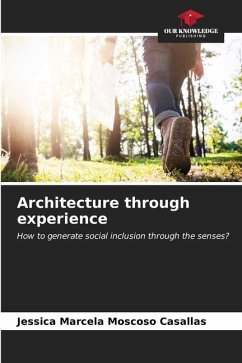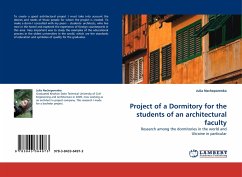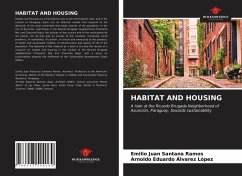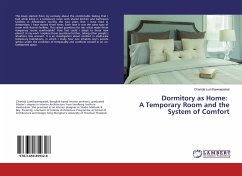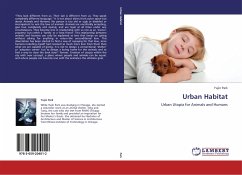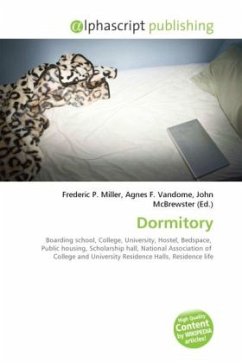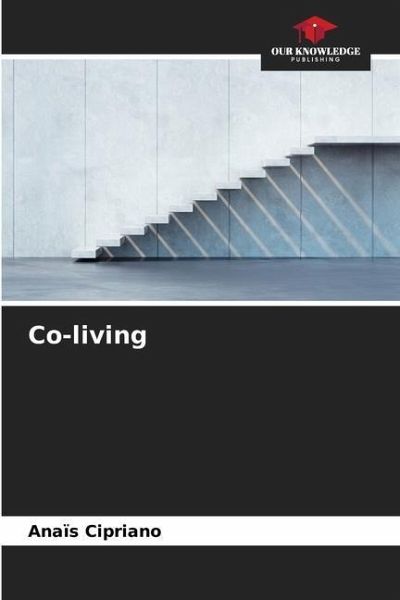
Co-living
Versandkostenfrei!
Versandfertig in 6-10 Tagen
24,99 €
inkl. MwSt.

PAYBACK Punkte
12 °P sammeln!
Few Parisian structures welcome young students of different nationalities in a non-academic context. My studies have allowed me to see the benefits as well as the limits of the Erasmus program: a structure open to all students, local as well as foreign, in order to exchange and better understand the various European cultures. Cooperation is an important notion for me; it is not emphasized enough in a world that is more and more individualistic. A cooperative structure, even self-managed, according to different cultures becomes flexible in its way of functioning in order to adapt to this mix. I...
Few Parisian structures welcome young students of different nationalities in a non-academic context. My studies have allowed me to see the benefits as well as the limits of the Erasmus program: a structure open to all students, local as well as foreign, in order to exchange and better understand the various European cultures. Cooperation is an important notion for me; it is not emphasized enough in a world that is more and more individualistic. A cooperative structure, even self-managed, according to different cultures becomes flexible in its way of functioning in order to adapt to this mix. I could see how students had many different habits on a daily basis and the lack of flexibility in the accommodations did not allow for individuality. This individuality could be achieved through a space that is in perpetual motion and evolves according to the needs of each individual. Bringing together student housing and a youth hostel, my Co-living project builds on this experience.




